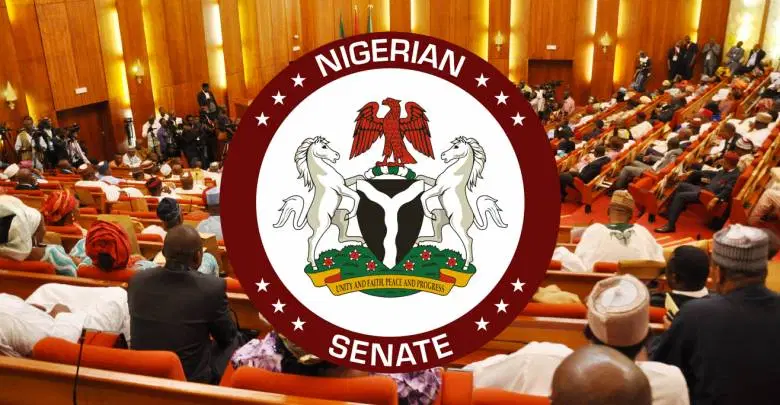As Nigeria’s National Assembly begins its constitutional review process, citizens across the nation are proposing significant changes to the country’s political tenure system. Among the most prominent suggestions is a shift from the current two-term structure to a single six-year term for both presidents and state governors.
The current system allows presidents and governors to serve a maximum of two four-year terms. However, many Nigerians argue this arrangement encourages excessive spending on re-election campaigns and distracts officeholders from governance. A single six-year term, proponents suggest, would allow leaders to focus on delivering results without the pressure of seeking re-election.
Senator Opeyemi Bamidele, Chairman of the Senate Committee on Judiciary and Legal Matters, confirmed that the proposal has gained substantial traction during public hearings. “We’re receiving memoranda from various stakeholders advocating for this change,” he stated. “The argument is that it would reduce election-related violence and allow for more focused governance.”
Supporters of the reform include:
1. Civil Society Organizations: Groups like the Centre for Democracy and Development argue the change would minimize governance disruptions caused by election cycles.
2. Youth Organizations: The Nigerian Youth Congress suggests the measure could lower the barrier for younger candidates who lack resources for multiple campaigns.
3. Business Leaders: Many in the private sector believe a single term would provide more policy stability for economic planning.
However, the proposal faces opposition from some quarters. Critics argue that:
– Six years is too long for an underperforming leader to remain in office
– The current system allows for accountability through re-election bids
– There’s no guarantee single-term leaders would be more effective
Constitutional law expert Prof. Auwalu Yadudu notes: “While the intention is good, we must carefully consider unintended consequences. The focus should be on strengthening institutions rather than just changing tenure durations.”
The National Assembly’s constitutional review committee continues to gather input from all geopolitical zones before drafting amendments. Other proposed changes include:
– Local government autonomy
– State police creation
– Electoral reforms
As debates intensify, the six-year single term proposal remains one of the most discussed potential reforms. The final decision will require approval from both legislative chambers and at least 24 state assemblies before becoming law.





